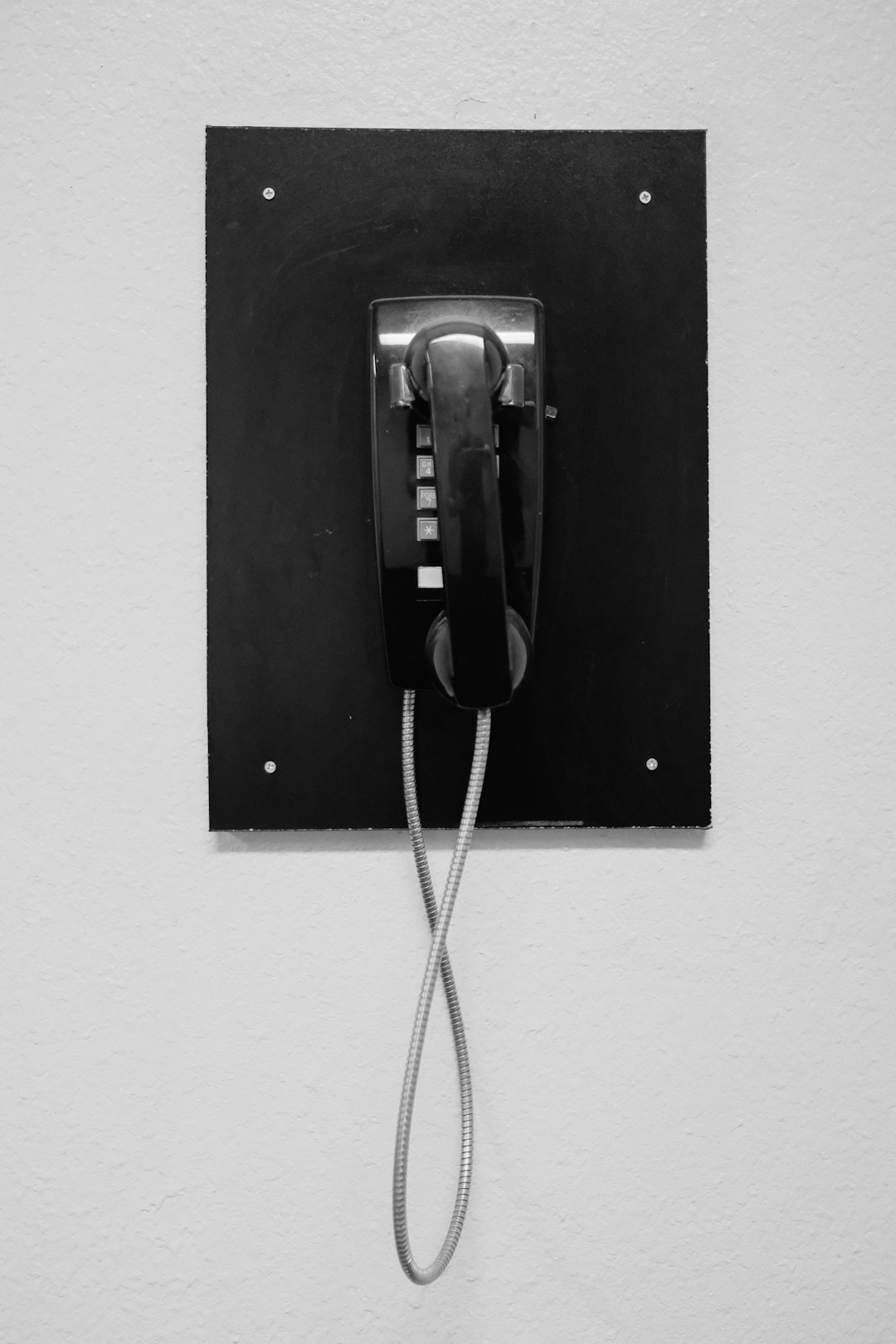Spam calls are regulated by federal (TCPA) and state laws in Iowa. Consulting a lawyer for spam call Iowa is advised to understand rights, file complaints, and take legal action against unwanted bulk marketing calls. Tracking sources with tools and reporting helps law enforcement. Phone service blocking features and apps, updated regularly, offer initial protection. Specialized lawyers navigate TCPA laws, guide consumers, and represent them in court if needed.
“Navigating the sea of unwanted spam calls can be overwhelming, but understanding your rights and available resources is empowering. This comprehensive guide aims to equip Iowa residents with the knowledge to combat persistent spam callers. From recognizing illegal practices under Iowa’s strict legal framework to exploring effective tracking and blocking methods, this article covers it all. Furthermore, we delve into the benefits of hiring a lawyer specializing in spam call cases in Iowa, offering a clear path to resolving these persistent issues.”
Understanding Spam Calls: Definitions and Legal Framework in Iowa

Spam calls, a common nuisance in today’s digital era, refer to unsolicited telephone marketing calls made in bulk to consumers. In Iowa, these calls are governed by state and federal laws designed to protect residents from intrusive and deceptive practices. The Telephone Consumer Protection Act (TCPA) serves as the primary legal framework, dictating that companies must obtain explicit consent before dialing residential phone numbers for marketing purposes.
For Iowa residents facing relentless spam calls, seeking legal recourse is a viable option. A lawyer specializing in spam call cases can guide individuals through their rights and available options, including filing complaints with regulatory bodies or taking legal action against the perpetrators. Engaging a lawyer for spam call Iowa services ensures that residents understand their protections under the law and can take appropriate measures to stop unwanted calls.
Your Rights as an Iowa Resident: What Laws Protect You from Spam Calls?

As an Iowa resident, you have specific rights and protections against spam calls. The Telephone Consumer Protection Act (TCPA) is a federal law that limits telemarketers’ ability to make unsolicited phone calls to consumers, often known as “spam calls.” This legislation was put in place to safeguard individuals from unwanted marketing calls and ensure their privacy.
Iowa also has its own set of regulations regarding spam calls, further enhancing the protections for residents. If you feel your rights have been violated or are experiencing a persistent issue with spam calls, consulting a lawyer specializing in spam call cases in Iowa can be beneficial. These legal experts can guide you through your options and help you understand how to navigate the legal framework to stop unwanted phone marketing efforts.
Tracking and Identifying Spam Call Sources: Tools and Resources Available

Tracking and identifying spam call sources is an important step in curtailing unwanted calls, especially for Iowa residents seeking legal recourse against such activities. Thankfully, a range of tools and resources are available to help Iowans combat this issue effectively. One popular method involves using call blocking apps that offer advanced features like number identification and real-time tracking. These apps can detect and block spam calls while providing insights into the sources, including known telemarketers or rogue organizations.
Additionally, Iowa residents can leverage online tools to report spam numbers, which helps in creating a collective database of malicious call centers. Reporting these numbers not only aids other Iowans but also assists law enforcement agencies and telecommunications regulators in taking necessary actions against the perpetrators. Engaging the services of a lawyer for spam calls in Iowa is another strategic move, as legal experts can guide individuals through their rights and options, ensuring they receive the protection and justice they deserve from these intrusive and often fraudulent activities.
How to Stop Spam Calls Effectively: Practical Steps and Legal Recourse

Spam calls can be a nuisance and an invasion of privacy, but there are practical steps you can take to stop them effectively. The first line of defense is to utilize the tools provided by your phone service. Many carriers offer call-blocking features or apps that allow you to identify and block unwanted numbers. Regularly reviewing and updating your blocking list is crucial to ensure ongoing protection.
If these measures don’t prove effective, considering legal recourse with a lawyer for spam call Iowa can be beneficial. The Telephone Consumer Protection Act (TCPA) provides consumers with significant rights against unsolicited phone marketing calls. A qualified attorney specializing in telecommunications law can guide you through the process of filing a complaint and pursuing legal action if necessary. They can help navigate the complexities of the TCPA to ensure your rights are protected.
Hiring a Lawyer for Spam Call Issues in Iowa: Benefits and Next Steps

If you’re tired of relentless spam calls and want to take action, hiring a lawyer specializing in spam call issues could be a wise decision for Iowa residents. These legal professionals have the expertise to navigate complex laws and regulations related to telemarketing practices. In Iowa, the Telephone Consumer Protection Act (TCPA) provides consumers with rights against unwanted phone marketing, and a qualified lawyer can help you understand and assert these rights effectively.
When considering a lawyer for spam call issues in Iowa, look for someone with experience handling TCPA cases. They can guide you through the process of filing a complaint with relevant authorities or even negotiating with the offending companies to stop the nuisance calls. A lawyer can also represent you in court if necessary, ensuring that your rights are protected and that the responsible parties are held accountable for their actions. This step is crucial if the spam calls have caused significant distress or financial loss.






